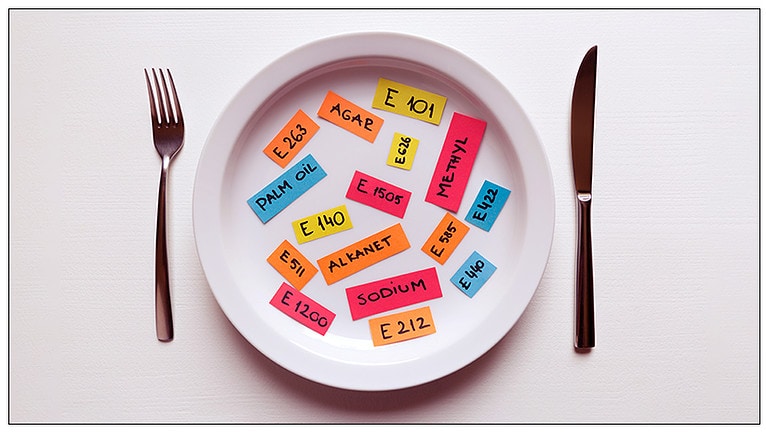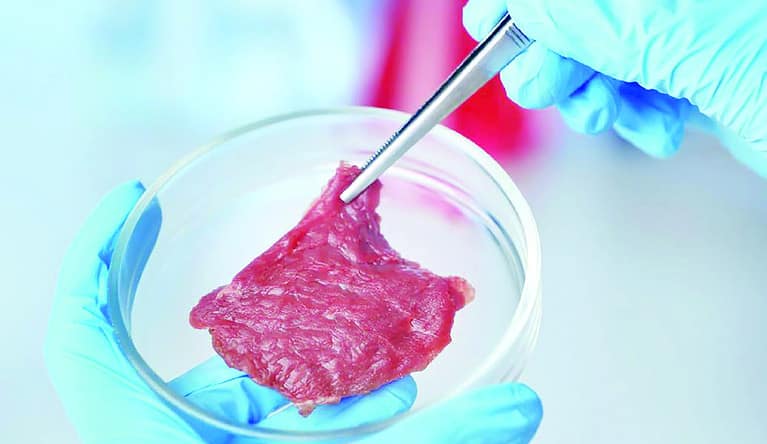Wise Food Intake vs. Dieting: What’s The Difference?
When it comes to maintaining a healthy lifestyle, we often hear about the importance of watching what we eat. But with so many different approaches to food intake out there, it can be difficult to know which one is right for us. In this article, we will explore the differences between wise food intake and dieting, and how they can impact our overall health and well-being.
Firstly, it’s important to understand that wise food intake is not the same as dieting. While dieting often involves strict rules and restrictions around what we can and cannot eat, wise food intake focuses on making informed choices about our food based on our individual needs and preferences. This means taking into account factors such as our age, gender, activity level, and any health conditions we may have.
By adopting a wise food intake approach, we can ensure that we are getting the nutrients we need to support our bodies, without feeling deprived or restricted. This can lead to long-term sustainable changes in our eating habits, rather than short-term fixes that may not be sustainable or healthy in the long run. So, let’s dive deeper into the differences between wise food intake and dieting, and how we can make informed choices about our food to support our health and well-being.
Wise Food Intake
What is Wise Food Intake?
Wise food intake is a healthy eating approach that emphasizes consuming nutrient-dense foods in appropriate amounts to support overall health and well-being. This approach focuses on making informed food choices based on individual needs and preferences, rather than following strict rules or restrictions.
Wise food intake involves eating a variety of foods from all food groups, including fruits, vegetables, whole grains, proteins and healthy fats. It also involves being mindful of portion sizes and avoiding excessive intake of processed and high-calorie foods.

Benefits of Wise Food Intake
Adopting a wise food intake approach can provide numerous benefits for our health and well-being, including:
- Improved energy levels and mental clarity
- Better weight management and body composition
- Reduced risk of chronic diseases, such as heart disease, diabetes, and cancer
- Improved digestion and gut health
- Enhanced immune function
By choosing nutrient-dense foods and avoiding excessive intake of processed and high-calorie foods, we can provide our bodies with the essential nutrients needed to support optimal health and well-being.
Dieting
When it comes to weight loss, dieting is a common approach that many people take. In this section, we will discuss what dieting is and the benefits it can provide.
What is Dieting?
Dieting involves making intentional changes to the types and amounts of food that we consume in order to achieve weight loss or other health goals. This can involve reducing overall calorie intake, increasing the consumption of certain nutrients, or eliminating certain types of foods altogether.
There are many different types of diets, each with its own set of rules and restrictions. Some popular diets include the ketogenic diet, the paleo diet, and the Mediterranean diet. Each of these diets has its own unique approach to food intake, but all are designed to help individuals lose weight or improve their overall health.

Benefits of Dieting
Dieting can provide a number of benefits, including:
- Weight loss: By reducing overall calorie intake, dieting can help individuals lose weight and improve their body composition.
- Improved health: Certain diets, such as the Mediterranean diet, have been shown to improve heart health and reduce the risk of chronic diseases like diabetes and cancer.
- Increased energy: By consuming a healthy, balanced diet, individuals may experience an increase in energy levels and improved mood.
- Better sleep: Eating a healthy diet can also improve sleep quality, which can have a positive impact on overall health and well-being.
While dieting can be an effective way to achieve weight loss and improve overall health, it’s important to approach it in a healthy and sustainable way. Crash diets or extreme calorie restriction can be harmful to the body and may lead to negative health consequences in the long term.
Differences between Wise Food Intake and Dieting
Approach
When we talk about dieting, we usually mean restricting the number of calories we consume in a day. This often involves cutting out entire food groups, counting calories, or following a strict meal plan. Wise food intake, on the other hand, is a more sustainable approach that focuses on eating a balanced diet that includes all food groups in moderation, listening to your body and what it is intuitively telling you on the day to day basis.
By practicing wise food intake, we can still enjoy our favorite foods while making healthier choices overall. We can also focus on the quality of the food we eat, rather than just the quantity. This approach encourages us to listen to our bodies and eat when we’re hungry, rather than depriving ourselves of food.
Long-term Effects
Dieting often leads to short-term weight loss, but it’s difficult to maintain in the long run. Many people who go on diets end up gaining back the weight they lost, and sometimes even more. Wise food intake, on the other hand, is a sustainable approach that can lead to long-term health benefits.
By focusing on eating a balanced diet that includes all food groups, we can provide our bodies with the nutrients they need to function properly. This can lead to improved energy levels, better digestion, and a stronger immune system. Over time, practicing wise food intake can lead to overall better health and well-being.
Sustainability
One of the biggest differences between wise food intake and dieting is sustainability. Dieting often involves restrictive eating patterns that are difficult to maintain in the long run. This can lead to feelings of deprivation and frustration, which can ultimately lead to binge eating or giving up on a diet altogether.
Wise food intake, on the other hand, is a sustainable approach that can be maintained over the long term. By focusing on making small, gradual changes to our eating habits, we can develop healthy habits that will last a lifetime. This approach is more flexible and forgiving, which makes it easier to stick to in the long run.
Conclusion
After exploring the differences between wise food intake and dieting, we have come to the conclusion that both approaches have their benefits and drawbacks. Wise food intake emphasizes the importance of consuming nutrient-dense foods in appropriate portions, while dieting often involves strict calorie restriction and elimination of certain food groups.
While dieting may lead to quick weight loss, it can also be difficult to sustain over the long term and may result in nutrient deficiencies. On the other hand, wise food intake can lead to gradual and sustainable weight loss while providing the body with essential nutrients.
Ultimately, the best approach will depend on an individual’s goals, lifestyle, and preferences, so It is best to consult with a professional to determine the most appropriate approach for you.







